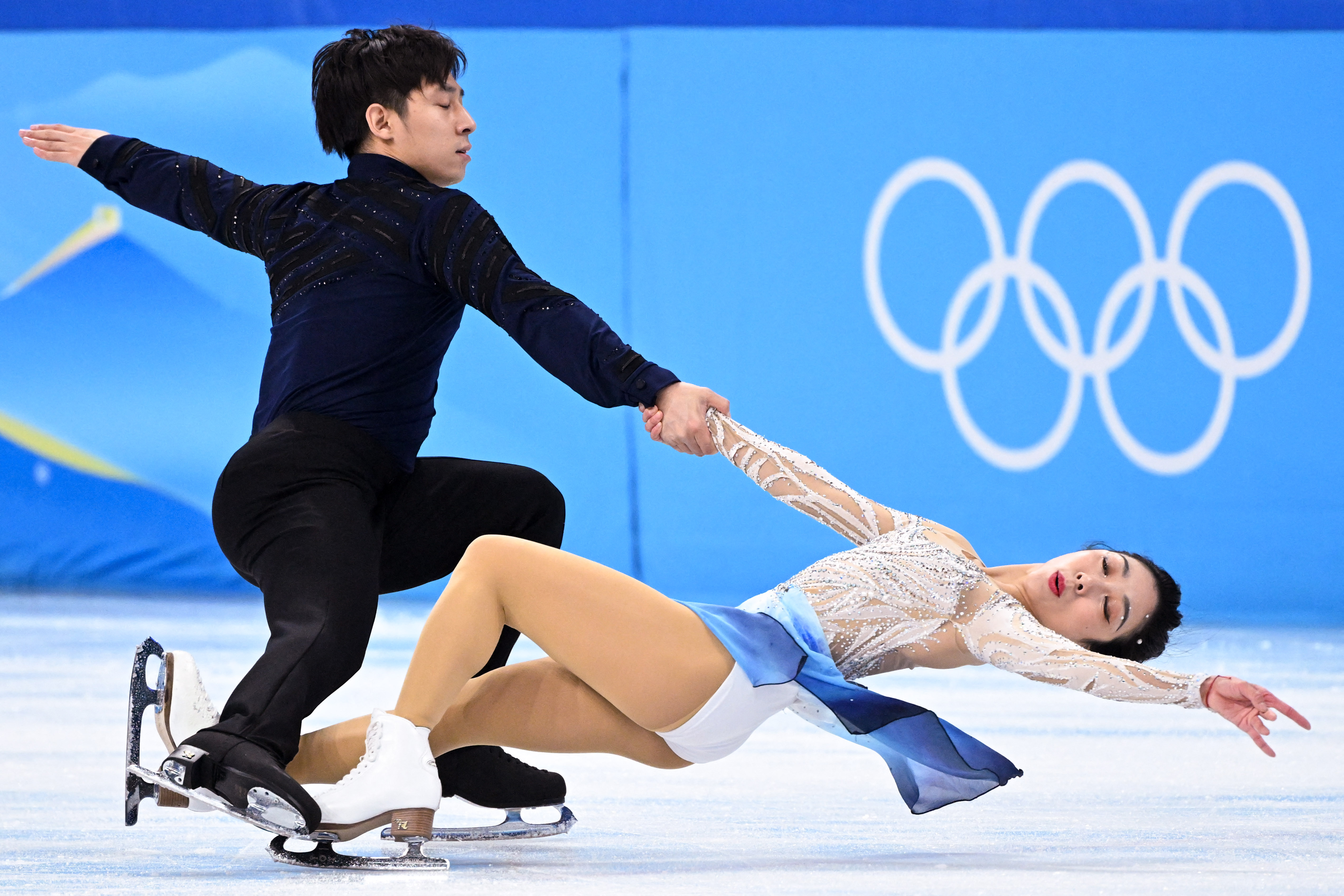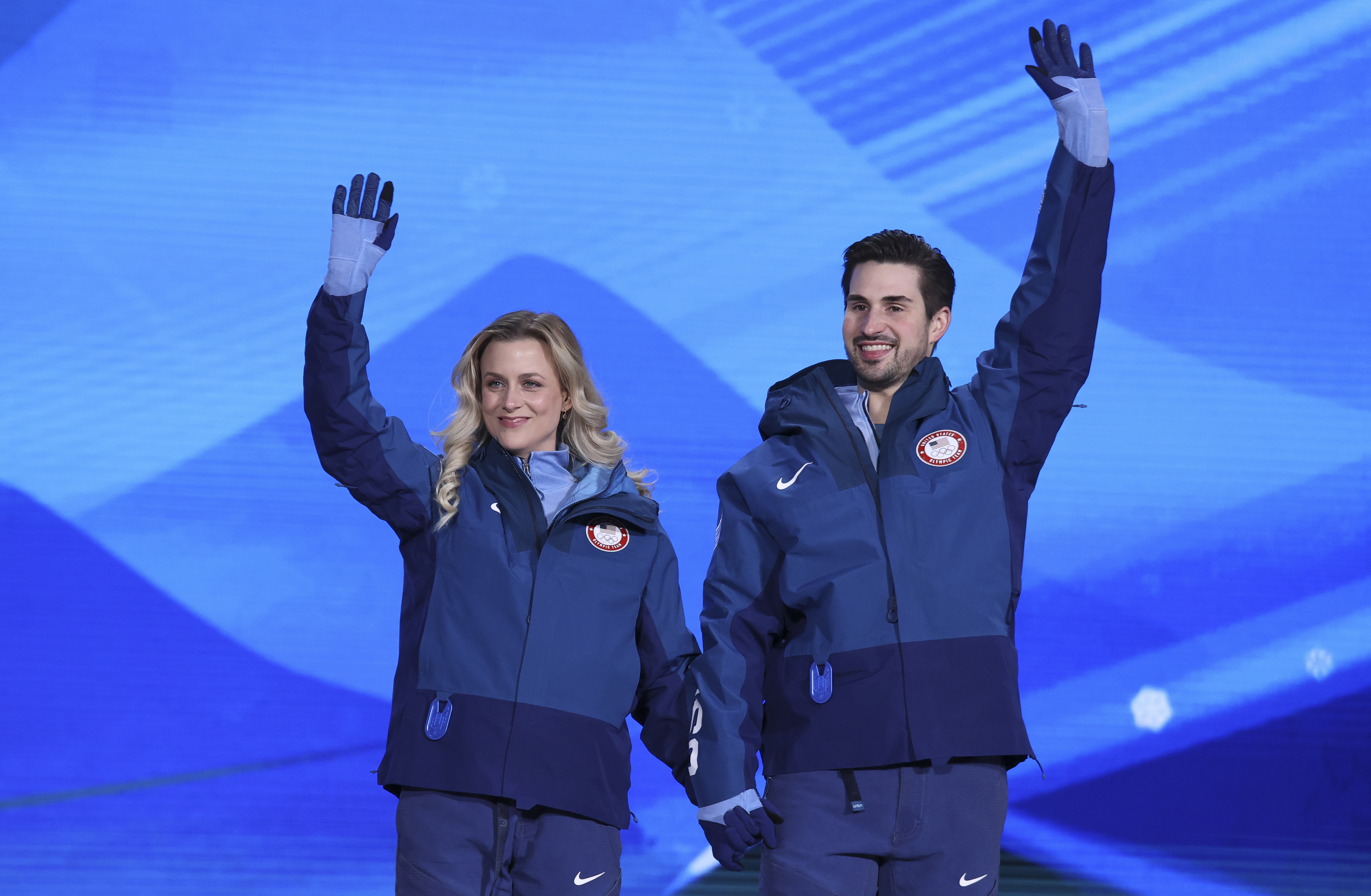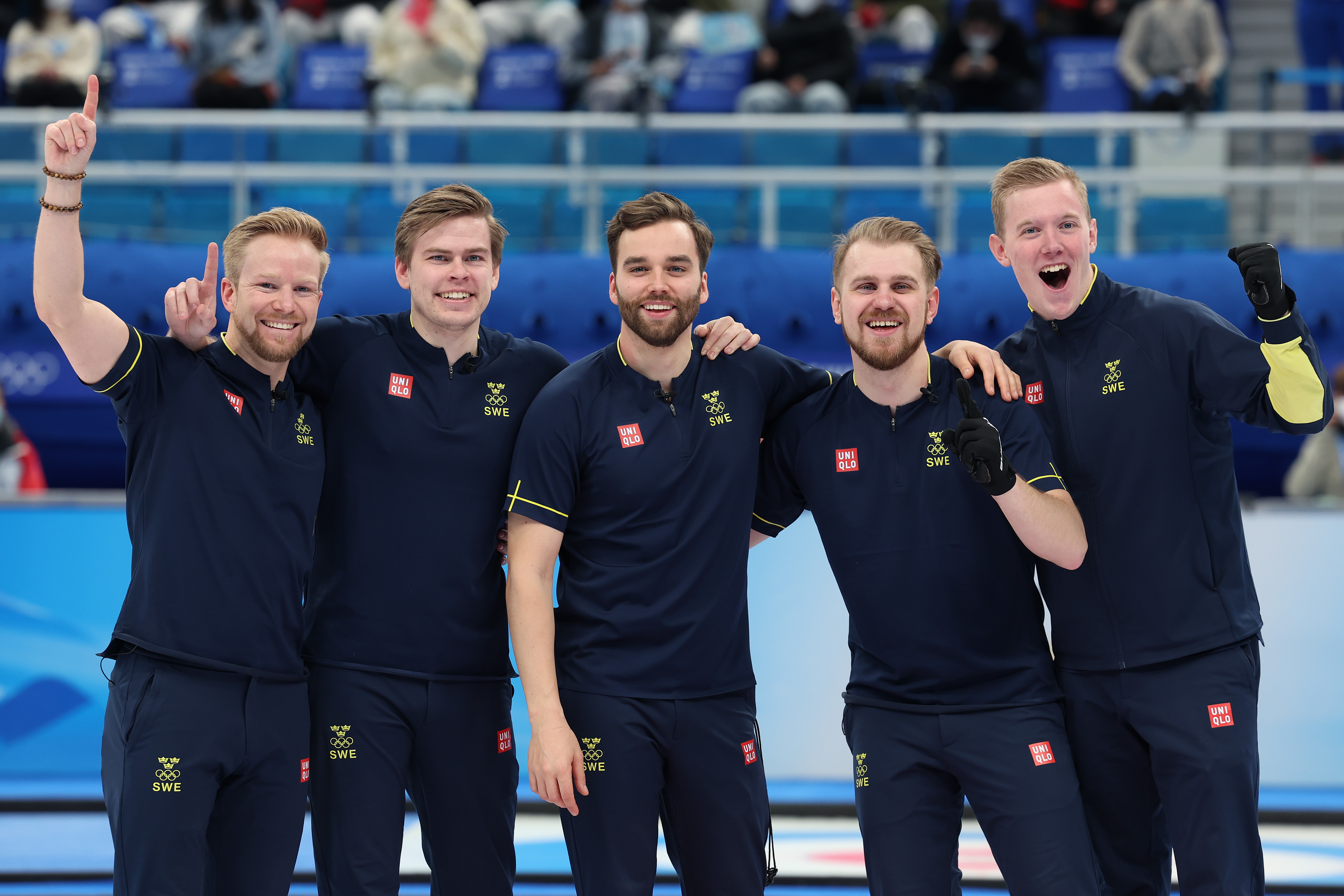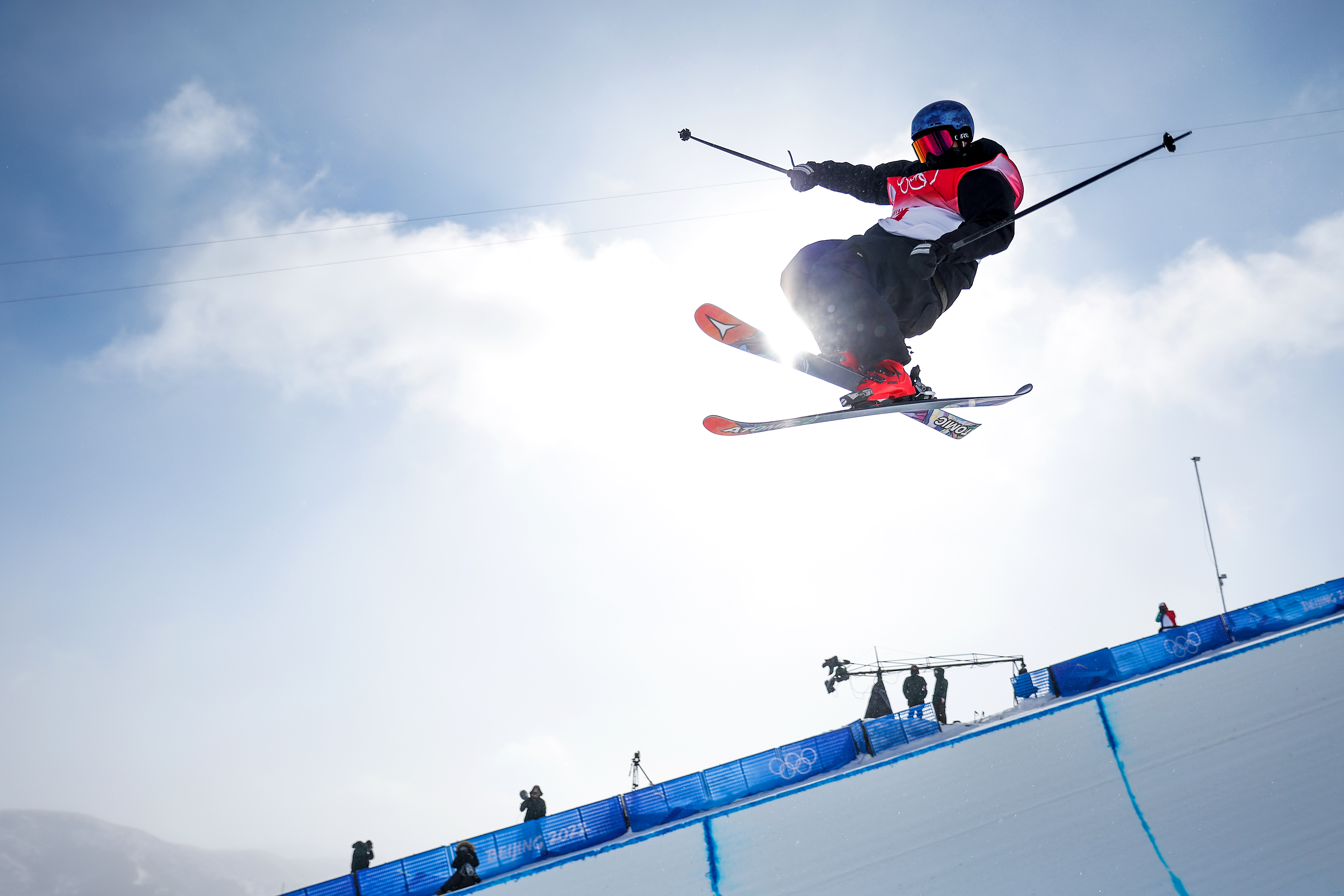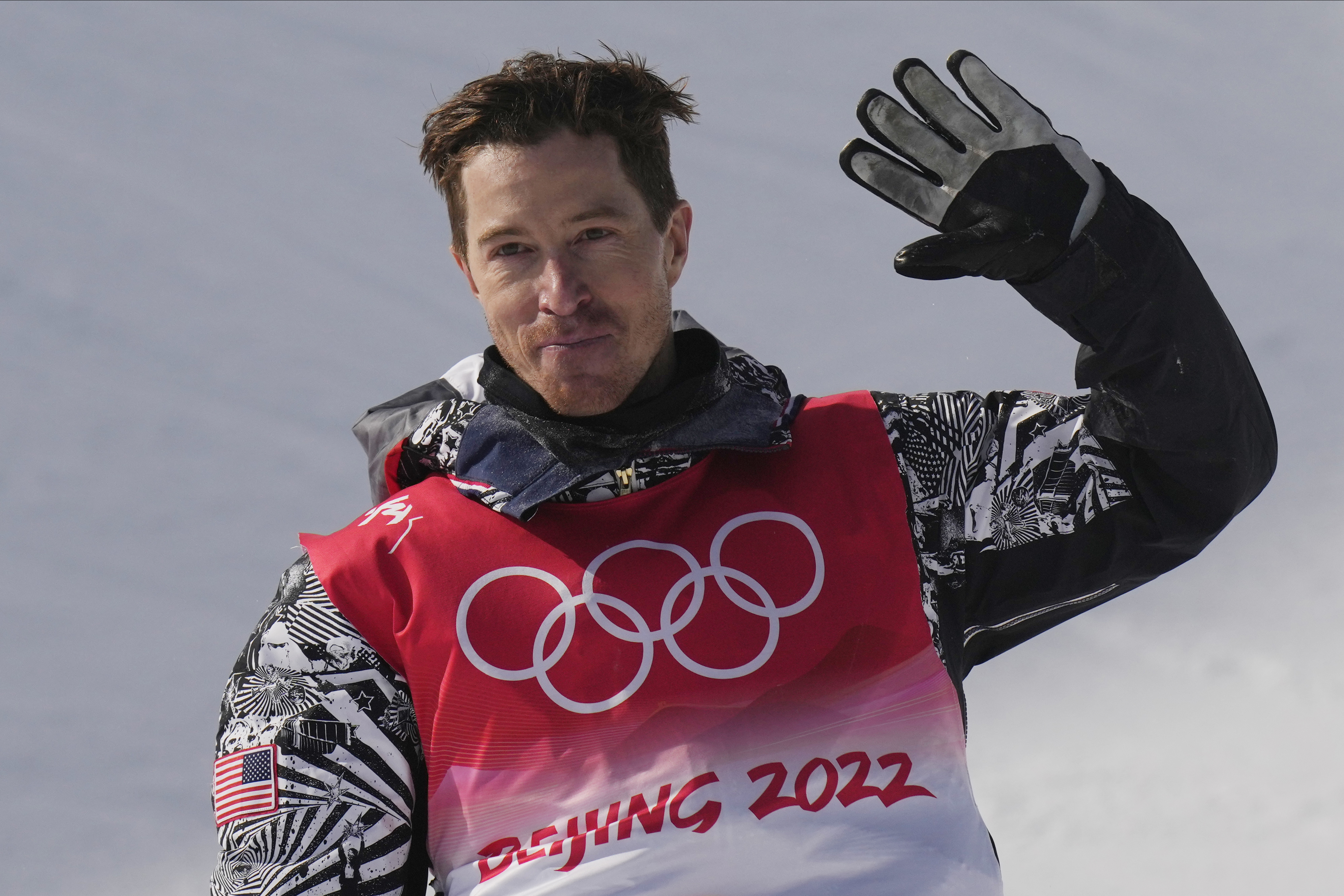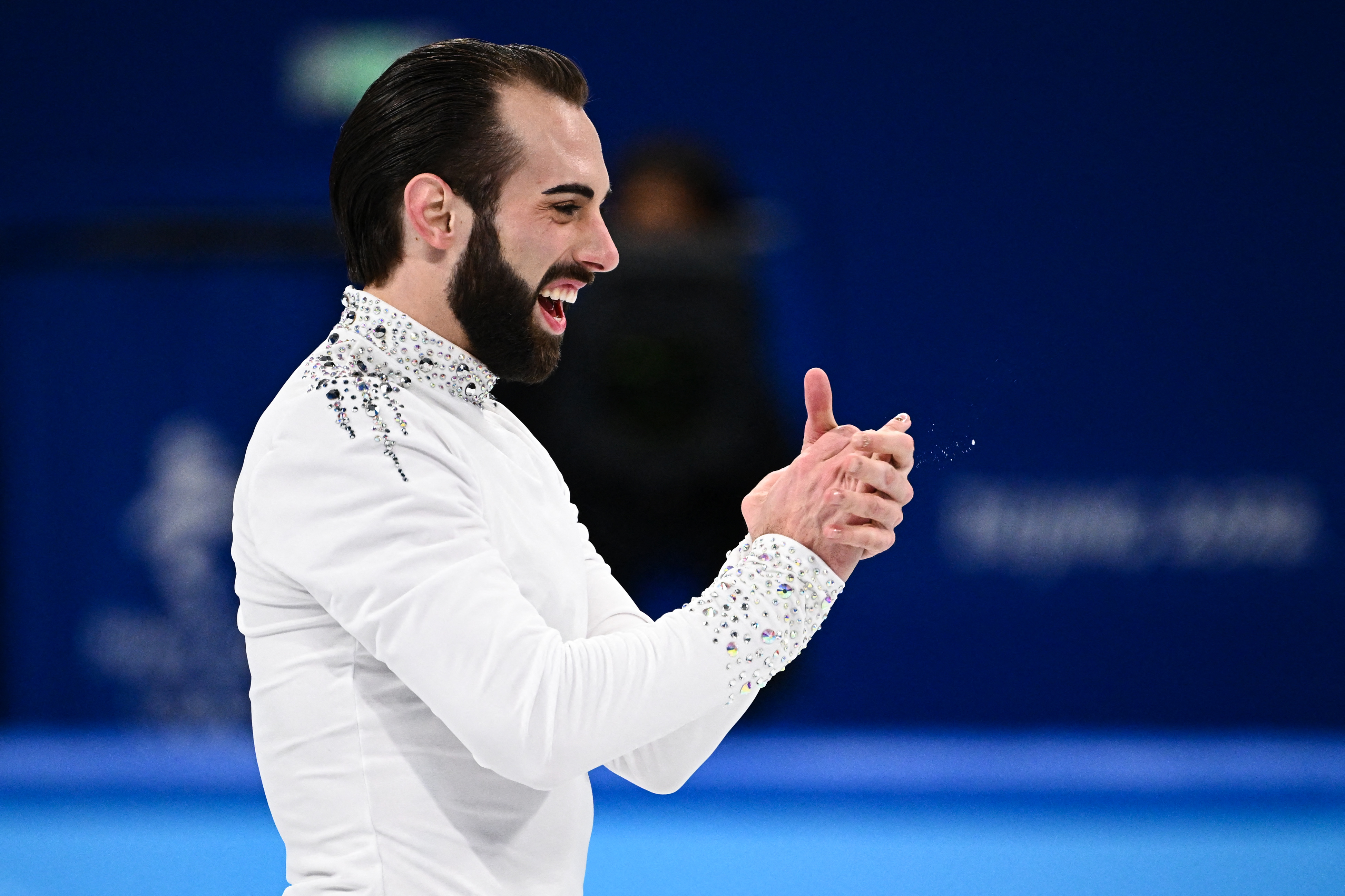How the Winter Olympics Can Become More Diverse and Equitable

The Winter Olympics are held every four years in February. That's Black History Month in the United States. But this year, likely less than 5 percent of the 224-member United States delegation to the Beijing Games is Black.
Three Black Americans are women on the bobsled team, including Elana Meyers Taylor, who, in her fourth straight Olympics, piloted the two-woman sled to a bronze medal Saturday, behind two German sleds. Meyers Taylor also won silver last week in the new monobob event. There is one male bobsledder, Hakeem Abdul-Saboor. Others compete in skeleton (Kelly Curtis) and speedskating (Erin Jackson and Maame Biney). There are no Black Alpine skiers, snowboarders, or freestyle skiers on Team USA.
Although Team USA boasts Asian American stars like Chloe Kim and Nathan Chen, both gold medalists, Asian American athletes comprised less than 10 percent of the 2018 Olympic team and the representation is likely similar in Beijing, although four out of the six American figure skaters, including Chen, in individual events are of Chinese descent.
Abby Roque is the first Indigenous woman on the U.S. women's hockey team but is also its only player of color in Beijing.

There is a distinct dearth of diversity in the Winter Olympics overall, too. At the Pyeongchang Games in 2018, just 43 of 2,952 athletes, or 1.45 percent, were Black. In Beijing, the number is likely to be even fewer because of a decision by the International Olympic Committee to end a continental quota system for the sliding sports (bobsledding, skeleton, and luge) that had helped African athletes, most of them Black, reach the Games. Only six African athletes from five countries will compete in Beijing, all of them Alpine or cross-country skiers and most of whom live and/or train in Europe. No African athlete has ever medaled in the Winter Olympics.
While many Asian nations are represented among the 2,871 athletes from 91 countries competing in Beijing, only China, with 174 athletes, Japan, with 124, and South Korea, with 64, have sizable delegations. Several Asian countries only send one or two athletes to the Winter Games, including India, Pakistan and Malaysia.
Besides Roque, just four other Indigenous athletes are known to be competing in Beijing: Two on Canada's women's hockey team, one Canadian snowboarder and a Danish athlete from Greenland in the biathlon.
How to increase the participation of athletes of color in winter sports is a complicated question with many small solutions that could, over time, add up to broader representation, domestically and globally, at the Olympics.
To aid increasing diversity on a global scale, the IOC acknowledging the importance of equity in increasing diversity in winter sports would be a huge boon for domestic federations as they seek to do the same.

The IOC should reinstate continental quotas for all sports. Quotas do not dilute the playing field; rather, they even it by providing athletes with the financial support they need to travel and train. For Black athletes coming from an African or a Caribbean country with few resources and no snow or ice, that support can be invaluable, as Akwasi Frimpong of Ghana told Sports Illustrated's Alex Prewitt. Frimpong, who competed in Pyeongchang, was the first Black male skeleton athlete at the Olympics and singlehandedly runs Ghana's bobsled and skeleton federation. "It's not that we're less talented," Frimpong told Prewitt. "We don't have the dedicated infrastructure. We don't have the knowledge. It takes support."
Winter sports, generally speaking, tend to be restrictive in a few ways. Most winter sports require specialized equipment. Unlike running shoes or basketballs, things like ice skates and skating costumes, skis and snowboards and sleds for sliding sports are not particularly accessible. And winter sports can be prohibitively expensive beyond the equipment costs, when you factor in things like lift tickets at ski areas, ice time at a rink or specialized coaching. Ice hockey costs the average family $2,600 a year; skiing and snowboarding, about $2,200 a year. A monobob on its own costs about $45,000. Figure skaters at the elite level can spend $50,000 a year or more in the U.S.
The speedskater Erin Jackson, who won a gold medal in the 500-meter long-track event, became the first Black female gold medalist in her sport. In her post-race interview, Jackson said she hoped to be a trailblazer for other Black athletes. "Hopefully, this has an effect. Hopefully, we'll see more minorities, especially in the USA, getting out and trying these winter sports," said Jackson. Jackson has consulted with EDGE Outdoors, a Seattle-based nonprofit "created to address the invisibility of Black, Indigenous, Women of Color in snow sports," according to its mission statement, about starting a chapter in Utah, where she lives and trains.

Access and representation for athletes of color in winter sports go hand in hand. Organizations like EDGE Outdoors or Winter4Kids, a New Jersey-based nonprofit that introduces children in the metro New York area to Alpine and Nordic skiing and snowboarding, can increase accessibility. EDGE provides scholarships for training and coaching. Winter4Kids provides transportation, coaching and equipment.
But just putting athletes of color on ski slopes and on skates does not mean they will be accepted.
Meyers Taylor wrote in a blog titled "Even Olympic Medals Can't Save You From" for TeamUSA.org that she would not buy one of the fastest bobsleds on the market because the manufacturer refuses to sell to Black pilots and has used a racial slur to describe them. "I'd give up a gold medal before driving a sled made by him," she wrote, but added that Team USA owns one of his sleds.
Making athletes of color feel accepted in winter sports so that they continue to develop in them and become competitive at the elite level is a work in progress for many winter sports.

The National Brotherhood of Skiers (NBS) works to "identify, develop, and support athletes of color" in winter sports through its member ski clubs. And while it aims to propel athletes to success at the Olympic level, its CEO, Henri Rivers, told the AP's Aaron Morrison that he wants the greater ski community to "embrace [skiers of color] and see them as the future of the sport" first.
The national federations of many winter sports in the U.S. have publicly recognized their lack of diversity and committed to attracting more athletes of color to them.
Membership in U.S. Skiing is more than 99 percent white, according to a recent DEI audit of the U.S. Ski & Snowboard team. None of its coaches nor anyone on its board of directors was a person of color. Tiger Shaw, the president and CEO of U.S. Ski & Snowboard, said in a 2020 open letter to the organization that he hoped to "better engage and with and support" athletes of color.
Anne Cammett, the president of U.S. Figure Skating, where Black members comprise just 2 percent of the organization, wrote in a similar letter in 2020 that the group had "embarked on an ongoing journey to make the organization more welcoming, specifically to Black and Brown people."
USA Hockey's website reports a "commitment to listen, learn and unite in an effort to make the sport more welcoming to all." Just 7 percent of USA Hockey's membership is comprised of people of color, and no one on its board is a person of color.

It's a start, but actions need to back up words. If winter sports do not become more inclusive, fewer Black athletes will stay in them, and the lack of representation will negate attempts to make them accessible in the first place.
One step winter sports could make toward greater inclusivity is to diversify recruiting. Many Black athletes in winter sports have made the switch from other sports.
Jackson, for example, came to speedskating via inline skating. She learned to skate, alongside other future Team USA athletes, at a roller rink in Ocala, Florida. She was a world champion in inline skating but wanted to pursue an Olympic medal.
Skateboarding skills can translate to snowboarding skills. Zeb Powell, an X Games gold medalist, got his start on a skateboard in North Carolina before moving to Vermont to train in snowboarding. Though he is unlikely to train for an Olympic discipline on snow, his success in the sport could and should spur scouts to check skate parks—often more accessible to more kids from a broader range of backgrounds—as well as the slopes.
Many bobsledders (and other sledding athletes) come over from track and field, according to a New York Times article. Their strength, speed and agility translate well from running tracks to ice tracks. Vonetta Flowers, the first Black athlete to win a gold medal at the Winter Games, was one of them. Flowers had tried and failed to make an Olympic team as a long jumper before making the switch. Kaysha Love, a bobsledder in Beijing, was a former track star, as was Abdul-Saboor, who also played football. Sylvia Hoffman played basketball. Kelly Curtis, the first Black American woman to compete in skeleton, was a heptathlete in college.
Meyers Taylor, now a five-time bobsled medalist with at least one medal in each of her four Olympic appearances, played softball, first at George Washington University, then professionally for a year. After she did not make the Olympic softball team, and inspired by Flowers' success, she made the switch to bobsled.
"Learning how to captain a [softball] team and then needing to do it from a bobsled perspective as a pilot, that definitely helped me in and of itself," Meyers told Bob Reinert for TeamUSA.org.
Meyers Taylor said that although she had trained for softball as an endurance athlete, the current methods softball players use to train would help their bobsled careers, should they choose to switch. "Bobsled's all short sprints, really heavy lifting and fortunately, those were my strengths," she told Reinert.
USA Bobsled & Skeleton announced last year that the federation was partnering with a platform that would allow athletes to try out for sled sports "from the convenience of a local football field, running track, or even their backyard."
Diversity, equity and inclusion became buzzwords in sports and in corporate America following the deaths of George Floyd and Ahmaud Arbery in 2020, for good reason. But for winter sports to truly become diverse, equitable and inclusive, concrete changes need to be made. And they need to come from the national and international levels, which cannot leave the work of diversifying solely to the athletes.
Changes like defraying the costs of transportation and equipment and diversifying recruitment and seeking competent athletes in other sports. Also providing financial support for travel and training from the highest international and national levels of the sport to athletes who would not even be able to try the sports to which they aspire. Without measures like these, athletes of color will continue to see fewer representations of what they could be on the Winter Olympics stage.

